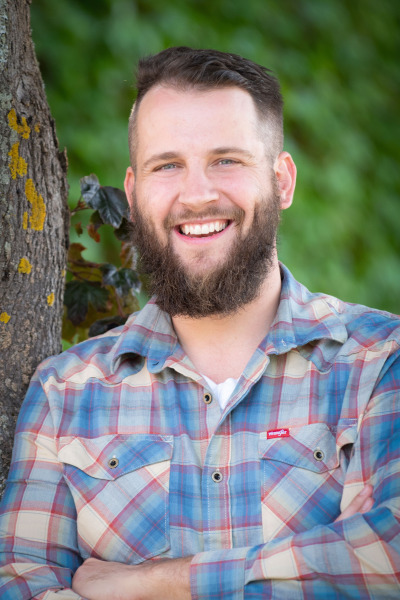UPEI holds decentralized energy and active learning workshop on September 24

Dr. Nicholas Mercer, assistant professor of environmental studies and island studies, will host a decentralized energy and active learning workshop on September 24 from 2 to 4 pm in the Grant Thornton Lecture Theatre (Room 329), Don and Marion McDougall Hall, UPEI.
The goal of the workshop is to demonstrate the benefits of radical cross-disciplinarity: bringing together leading technical and social experts from the academic fields of “community/decentralized energy” and pedagogical experts in the space of “active learning,” to assess how these seemingly disparate disciplines can inform and enhance one another.
“What do renewable energy transitions and student-centered teaching strategies possibly have in common?” said Mercer. “An overarching goal of decentralizing authority, a deep commitment to transparency, building trust amongst participants, and an active role for supporting institutions, to name just a few possible parallels.”
“Community/decentralized energy” challenges the traditional centralized model of energy systems where distant and corporately-owned large-scale energy facilities—fossil fuels, nuclear, for example—simply “transmit” energy to passive consumers. Decentralized energy systems push for deep community ownership, leadership, and benefits from localized renewable energy projects. Similarly, “active learning” strategies challenge a dominant teaching model where instructors passively “transmit” content to students and instead empower students as active participants in their own learning through reflection, discussion, and in-class engagement.
During the workshop, leading national and regional experts in the fields of “decentralized energy systems” and “active learning pedagogies” will participate in a facilitated discussion about potential synergies between their fields. There will be a mix of in-person and virtual presentations.
The workshop will be of interest to policymakers, private developers, and non-profit groups involved in renewable energy, and people in the post-secondary and secondary education sectors who are interested in climate action. Audience participation will be encouraged throughout, and a question-and-answer session will be held.
The workshop is open to the public. Pre-registration is not required.